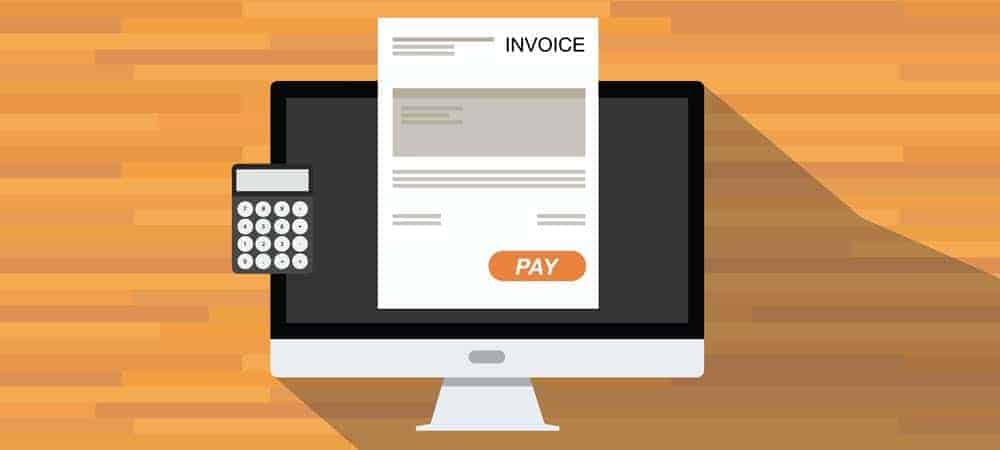E-Invoicing as an entry into the digital enterprise


When it comes to e-invoicing, as an entry point into the digital enterprise, it is easy to lose sight of which formats and portals are even relevant for your own organization.
If you have business relationships with public-sector clients or even if you are a public-sector company yourself, you can answer this question with the help of national legislation. This is because national legislation specifies the exact formats and regulations:
A prominent example here is the XInvoice in Germany. However, dealing with invoice formats alone should not be enough to meet one's own economic demands. E-invoicing - in a global context - is about the efficiency of processes, cost savings and thus the agility of the company.
E-invoicing in a company is just one part of its own digitization strategy, which can be implemented with a suitable invoicing solution. The goal here should always be a flexible system that can keep pace with future requirements.
Because whether doing business in Germany, Europe, worldwide or with the public sector, a sustainable invoicing solution masters these challenges and drives your own digitization strategy.
E-invoice formats as a means to an end
Electronic invoices are very easy to process, which means that invoicing processes can be automated and streamlined. And this applies in both directions: to invoicing and to the processing of incoming invoices.
The primary goal is to optimize processes, because analog, manual workflows are sluggish. A corresponding digital infrastructure is needed so that electronic information can be processed optimally.
Practice already shows that digital reduces the time required for invoice processing and that companies save a great deal of costs with electronic processes. Legislators have also recognized the advantages of digitization and are consistently driving it forward in public administration.
EU Directive 2014/55 has set the European standard EN16931 in motion. It has created a basis for representing invoices in an electronically standardized format that can be easily read and processed by machine.
Due to different tax law requirements in the context of invoicing and invoice processing, the standard offers the possibility of a Core Invoice Usage Specification (CIUS): This allows EU member states and stakeholders to adapt and specify the implementation to their own needs.
For public administration in Germany, for example, this is XRechnung. Government bodies are in a position to "promote" the benefits of digitization by putting pressure on their business partners from the private sector - and they do.
In Germany, for example, electronic invoicing will be mandatory for suppliers to public-sector customers from November 2020 (as long as the value amount is over €1000). The implementation deadlines in the EU vary according to the legislation in the individual member states.
Prepare for e-invoicing
Being prepared in digital times is not a "nice-to-have," but a decisive competitive factor. To be able to plan step by step, companies should ask themselves the following questions in advance:
- Which legal requirements must be met?
- Can the company's own invoice processing solution and ERP systems even implement the current and upcoming country requirements and transmission procedures?
- Can process changes be mapped flexibly with the solution?
- How does the solution provider handle updates and structural enhancements to existing formats?
- What is the digitization strategy of your own business partners?
- Can common formats or transmission paths be found here?
- What does the solution provider's portfolio look like apart from electronic invoices, for example with regard to the digitization of purchasing processes (especially order confirmations and purchase orders)?
As a company, you should see the legislation more as an opportunity and less as an obligation. After all, it drives digitization forward. When organizations have to adapt to the new formats,
then it is important to maximize the benefits from the formats for yourself. It is an opportunity to optimize processes and find solution providers who provide sustainable support and advice in the implementation of digital processes.
Because the fact is: e-invoicing is only one part of the company's digital strategy. After all, it's not just about invoices; the hidden potential lurks in many of the company's processes.








